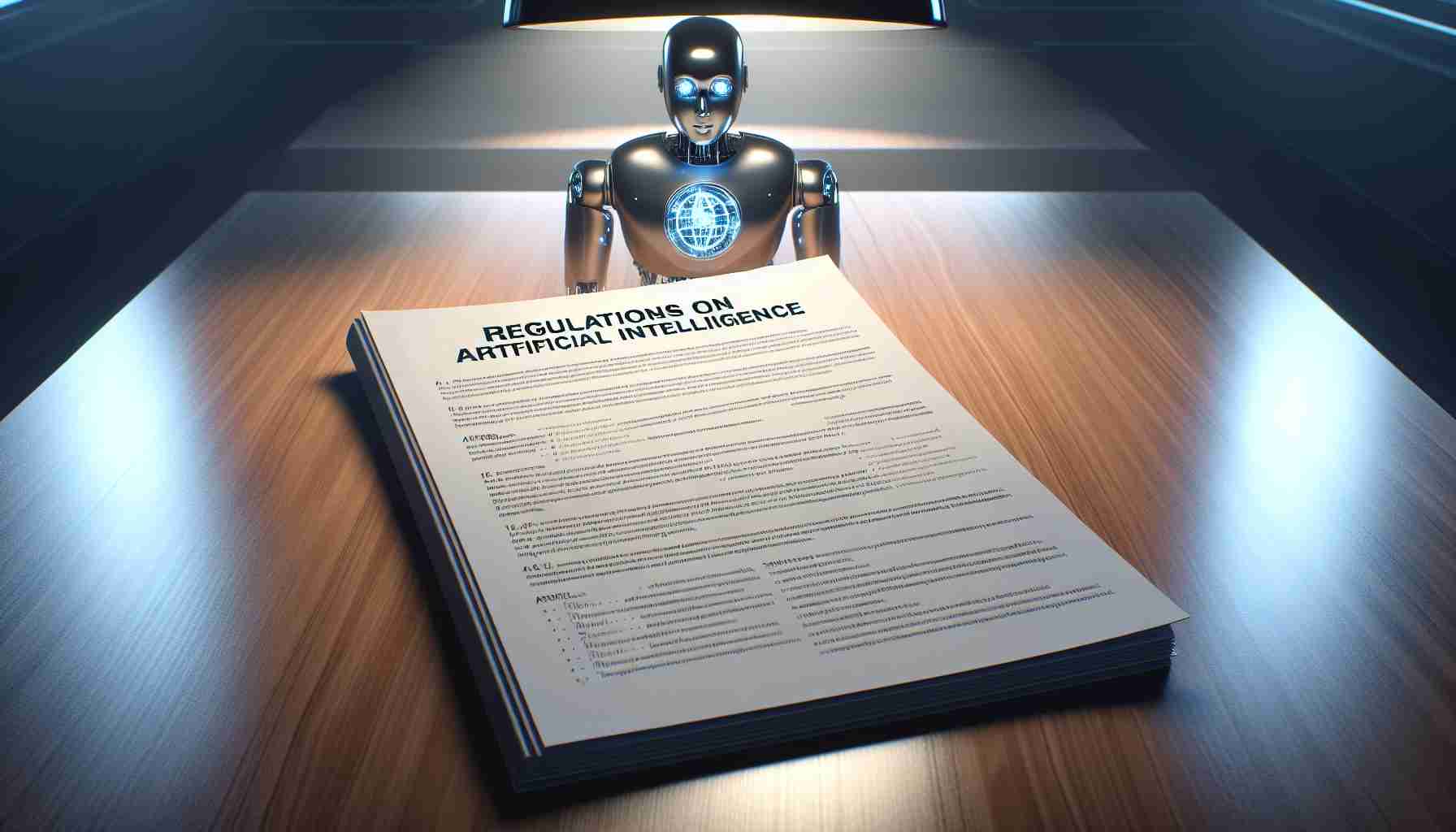The recent decision by the European Parliament to approve regulations on Artificial Intelligence (AI) signifies a crucial milestone in prioritizing the safety and welfare of individuals. These regulations are strategically structured to mitigate potential risks linked with AI technologies, showcasing a thoughtful and proactive vision towards the future.
Amid the exponential growth projected for the global AI market – estimated to reach $190.61 billion by 2025, boasting a CAGR of 36.6% as indicated by market forecasts – the significance of regulating AI cannot be understated. The transformative potential of AI spans across diverse sectors, ranging from healthcare to transportation, holding promises of innovation and progress.
Nonetheless, in the absence of requisite protective measures, there exists a looming threat of inadvertent repercussions and societal harm stemming from unbridled AI deployment. Issues of privacy breaches, biased algorithms, and ethical dilemmas continue to loom over the AI landscape, underscoring the urgency for stringent regulations to avert potential pitfalls.
In light of the newly enacted guidelines, AI models, encompassing popular variants such as ChatGPT, and general-purpose AI systems, are mandated to adhere to transparency obligations before their public release. This pivotal prerequisite seeks to ensure a lucid comprehension of the operation and decision-making mechanisms governing AI systems, thus fostering accountability and trustworthiness.
FAQs
What are the transparency obligations for AI models?
Transparency obligations for AI models entail the explicit documentation of the operational and decision-making processes within these systems. This instills a comprehensive understanding among users and the general populace regarding the functionality of AI models.
Why is it necessary to regulate AI?
Regulating AI is imperative to avert potential risks and harm. Absent adequate oversight and regulatory frameworks, AI technologies can yield unintentional consequences or be manipulated for malevolent purposes. Regulations are pivotal for fostering responsible development and utilization of AI, thereby nurturing accountability and trust.
How do AI regulations protect society?
AI regulations shield society by delineating standards and protocols that ensure the ethical and secure application of AI technologies. By championing transparency and accountability, these regulations aim to forestall harm and fortify the welfare of individuals and communities.
It is paramount to acknowledge that AI regulations are not designed to impede innovation or impede progress; rather, they serve as a fundamental structure underpinning the responsible progression of AI technologies for the collective benefit of society. Embracing these regulations charts a course toward a future where AI optimally augments human capacities while upholding our principles and safeguarding our interests.
Sources:
– example.com
The source of the article is from the blog j6simracing.com.br
